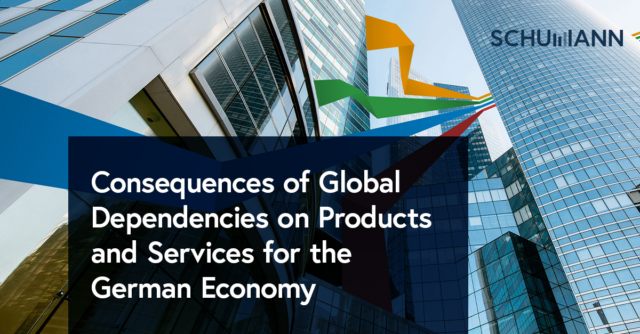What will 2026 look like for credit management?

Rising insolvencies, geopolitical tensions, structural weaknesses – credit management will remain a challenge in 2026. Despite cautious growth forecasts, the coming year will not be a sure-fire success. Liquidity, risk transparency and close cooperation with sales will be crucial.
Artificial Intelligence for Credit Management

AI offers great opportunities in credit management, but each task requires the right model. Whether rating forecasts, document creation or information systems: only the right selection, database and implementation enable real gains in efficiency and quality.
Social security contributions are skyrocketing: How rising contributions are jeopardising Germany's competitiveness

Rising social security contributions are no longer just a problem for employees – they are hitting companies just as hard. By 2025, total social security contributions in Germany will already exceed 40% of gross wages – and the trend is set to continue. Forecasts indicate figures of over 46% by 2035. But what does this mean in concrete terms for the competitiveness of German companies?
Consequences of Global Dependencies on Products and Services for the German Economy

Germany's economy is heavily dependent on global supply chains – whether for energy, rare earths, chips, cloud services or medicines. The current crises show how risky unilateral dependencies can be and how urgently Germany needs its own production capacities in key technologies. Those who identify risks early on and diversify not only strengthen their competitiveness but also their strategic independence.
Insolvency Trends in Germany and the Financial Damage

The number of corporate insolvencies in Germany will rise in 2025 to a level last seen over ten years ago – and the financial damage will reach almost historic record levels. Particularly large insolvencies are putting pressure on entire supply chains, while numerous companies in key sectors such as automotive, construction and retail are fighting for survival.
